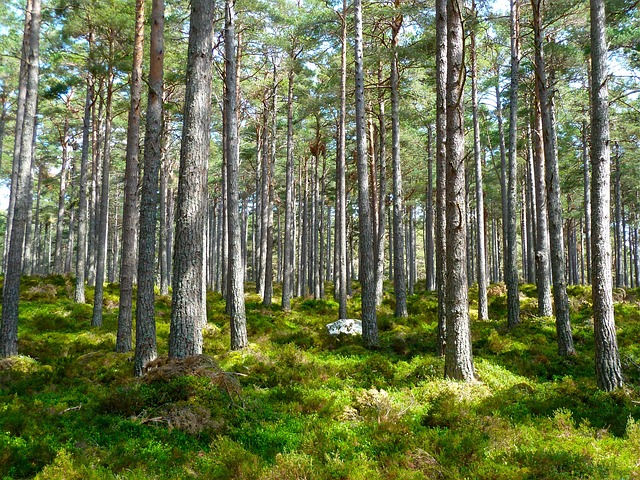The Interplay of Ecology and Climate Change
As the sun blazes down upon arid landscapes, we may find ourselves thinking about the concept of an oasis—not just as a physical manifestation of life within the harsh desert but as a symbol of hope in the broader context of ecology and climate change. Many of us have read about the alarming rates of desertification impacting our planet, but how often do we consider the intricate ecological connections that define these changes?
The Fragility of Ecosystems
Desertification, a process exacerbated by climate change, results in the degradation of fertile land to desert due to various factors, including prolonged drought, deforestation, and unsustainable agricultural practices. The delicate balance of an ecosystem can be disrupted, leading to a chain reaction of adverse effects. Flora that once thrived may wither, leaving fauna without habitats and diminishing biodiversity.
So, why should we care? The answer lies in understanding that every species, including mankind, is interlinked within the broader ecology. The loss of any single element can unravel the fabric of life itself. For instance, when plants that capture carbon dioxide disappear, the effects ripple out, contributing to climate change and exacerbating the very conditions that allow desertification to thrive.
The Role of Vegetation
Trees and plants do more than beautify the landscape; they serve as vital components of our ecological systems. They help regulate temperatures, maintain soil health, and contribute to water cycles. The roots of vegetation anchor the soil, prevent erosion, and promote healthy ecosystems that can withstand climatic stressors. In regions facing desertification, the preservation and restoration of these vegetation-rich areas can be the keystone in combating climate change and promoting ecological resilience.
Community and Global Responses
Facing the inexorable advances of desertification, communities around the globe are mobilizing to protect their environments and adapt to climate realities. Initiatives like reforestation, sustainable farming techniques, and conservation efforts not only rehabilitate degraded lands but also empower local communities. These grassroots movements harness shared knowledge and celebrate traditional ecological wisdom, driving collective action against the ongoing climate crisis.
Moreover, global initiatives aimed at restoring ecosystems serve as a wake-up call to nations worldwide. Projects that incorporate ecosystem management reveal the interconnectedness of our survival. The time to act is now—our environment, our climate, our very future depends on the choices we make today.
A Call to Action
In this era when climate change looms large, we must foster a sense of stewardship toward our ecological surroundings. Every action counts, from supporting local sustainability efforts to advocating for policies that prioritize ecosystem restoration. By embracing our role as guardians of the environment, we can help transform barren deserts into thriving oases that sustain not just life, but hope for generations to come.
The fight against desertification and climate change is not solely about preserving the past; it is about sculpting a future where diverse ecosystems and humanity can coexist harmoniously. Let’s unite in recognizing our interdependence and take actionable steps to rejuvenate our planet—turning the tide against desertification one oasis at a time.



